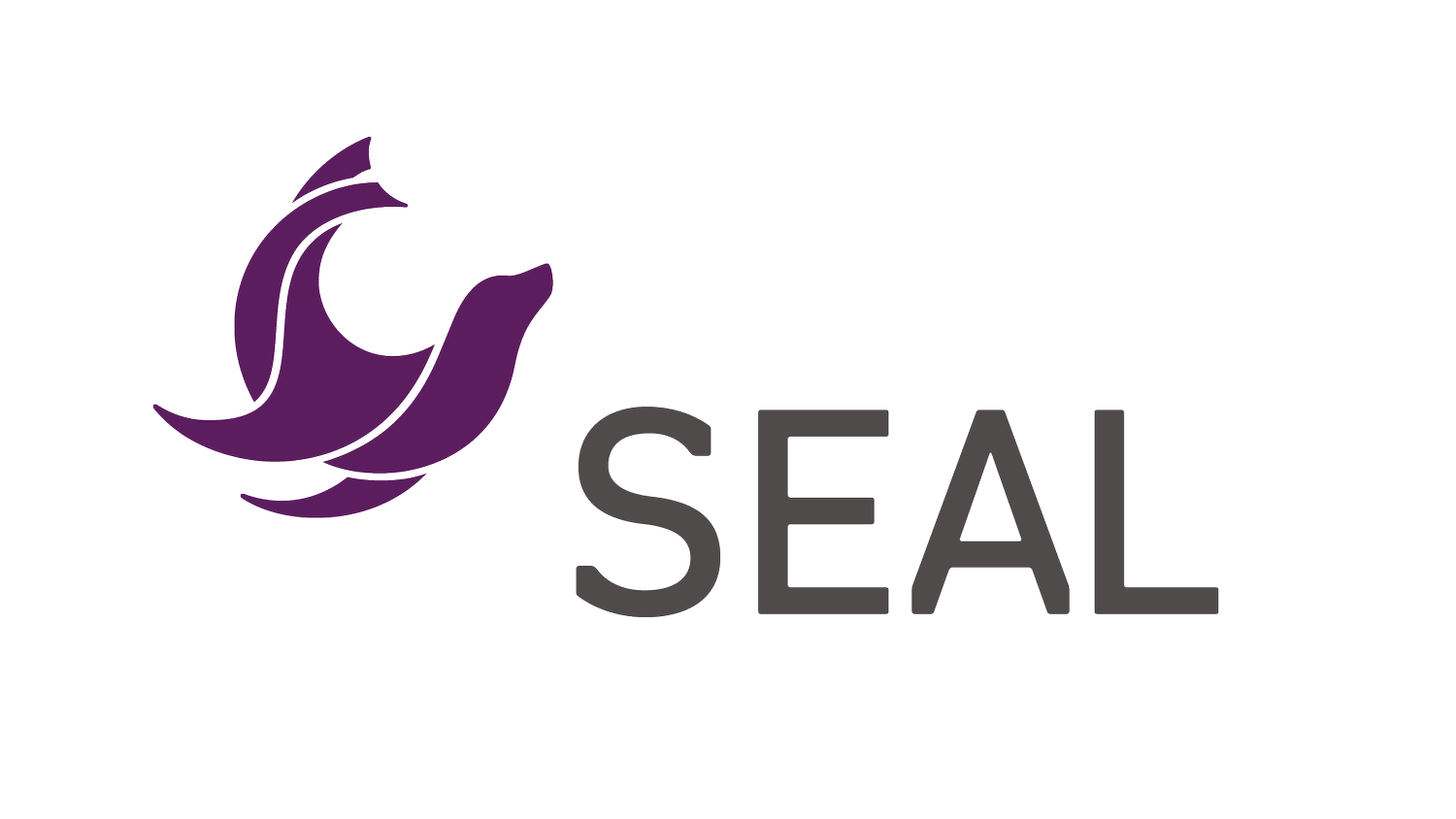2022 Recap: Universities and Research Institutes Storing Data with Seal
2022 was a monumental year for Seal, and we’re just getting started. We onboarded several clients, with a specific focus on academic and research institutions. These institutions are located all over the globe, from Berkeley, California to Geneva, Switzerland; but they all have one thing in common: groundbreaking scientific research that requires secure and affordable data storage. Seal is proud to make the benefits of Web3 a reality for these organizations. Below we’ll highlight our scientific research data partners including the ATLAS Experiment at CERN, the University of Utah, and UC Berkeley.
The ATLAS Experiment at CERN
Overview: Seal partnered with the ATLAS Collaboration at CERN in a pilot project to explore Seal’s decentralized cloud storage platform as an efficient and cost-effective option for archival data storage. Seal provided 10 PiBs of storage capacity to the ATLAS Experiment. With the help of ATLAS and CERN scientists and engineers, Seal is now fully integrated in CERN’s Rucio data management software and File Transfer Service (FTS) and has been ingesting data for several months.
Get to know ATLAS: ATLAS is a general-purpose particle physics experiment at the Large Hadron Collider (LHC) at CERN, one of the world’s largest and most respected research centers. ATLAS seeks answers to fundamental questions such as: What are the basic building blocks of matter? What are the fundamental forces of nature? What is dark matter made of?
Why did ATLAS choose Seal?
Cost-effective
Efficient
Faster data processing and access
Learn more: ATLAS article and ATLAS blog
The University of Utah
Overview: Seal is providing Web3 cloud storage for the University of Utah’s Center for Extreme Data Management Analysis and Visualization (CEDMAV) scientific research data and building required APIs and interfaces for data access and controls. The scientific research data from CEDMAV includes combustion, simulations, earth, and satellite data. Seal’s pilot with CEDMAV involves a 1 PiB public data set, consisting of OpenVisus data sets.
Get to know Utah and CEDMAV: The University of Utah is a public research university in Salt Lake City, Utah. Led by Professor Valerio Pascucci, CEDMAV is a research center at the University of Utah that focuses on theoretical and algorithmic research, systems development, and tool deployment for dealing with extreme data.
Why did Utah choose Seal?
No egress fees: researchers are often reluctant to share data globally because of egress fees. Seal enables Utah to distribute data globally by providing accessible and affordable data storage.
Data Accessibility: Seal is building custom APIs so Utah can easily access their data
Learn more: Utah blog
UC Berkeley
Overview: UC Berkeley Underground Physics Group partnered with Seal to employ decentralized cloud storage for neutrino physics research data, supporting the development of a neutrino detector. Neutrinos originate from some of the most mind bending elements of the universe: black holes, exploding stars, and the Big Bang. The groundbreaking research is not possible without a reliable place to house the data.
Get to know the UC Berkeley Underground Physics Group: The UC Berkeley Underground Physics group is led by Professor Gabriel Orebi Gann. The group conducts neutrino and dark matter experiments, including SNO+. SNO+ is a kilo-tonne scale liquid scintillator neutrino detector.
Why did Berkeley choose Seal?
Immutability: Neutrino rare event search – every file is valuable
Geographic Distribution: Berkeley has global collaborators, making it easier to access data
Verifiability: Source of truth - knowing research data is not corrupted
Affordability: Allows research data to grow without constraints
Learn more: PR Newswire Press Release and Seal blog
Interested in storing your data with Seal? Contact us at sealstorage.io/voice
